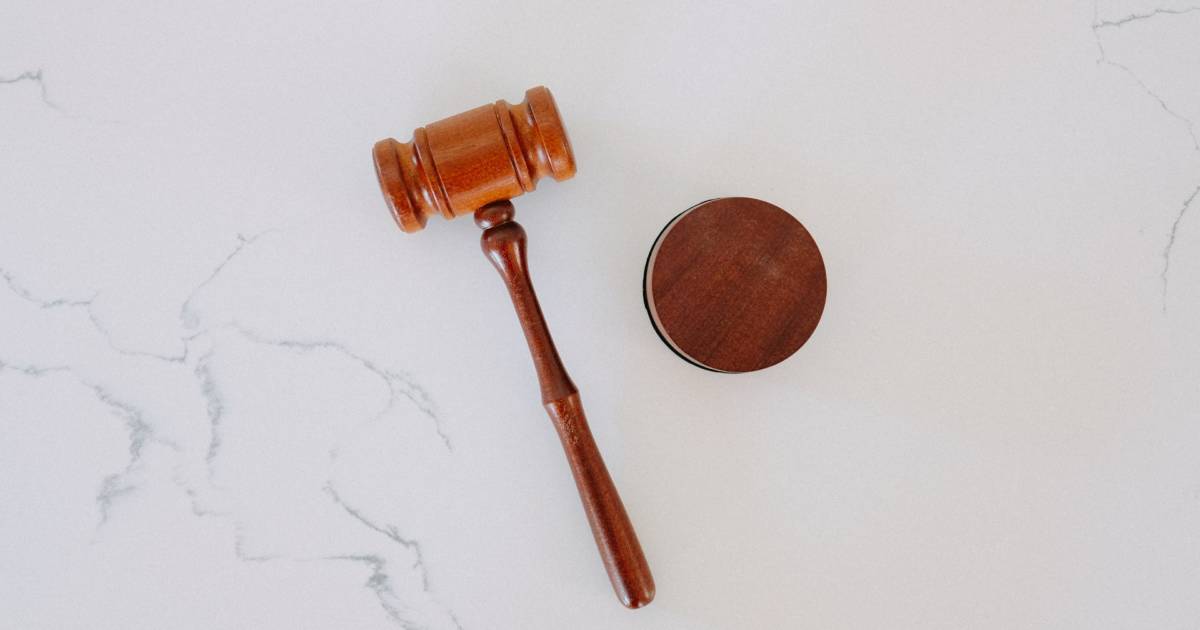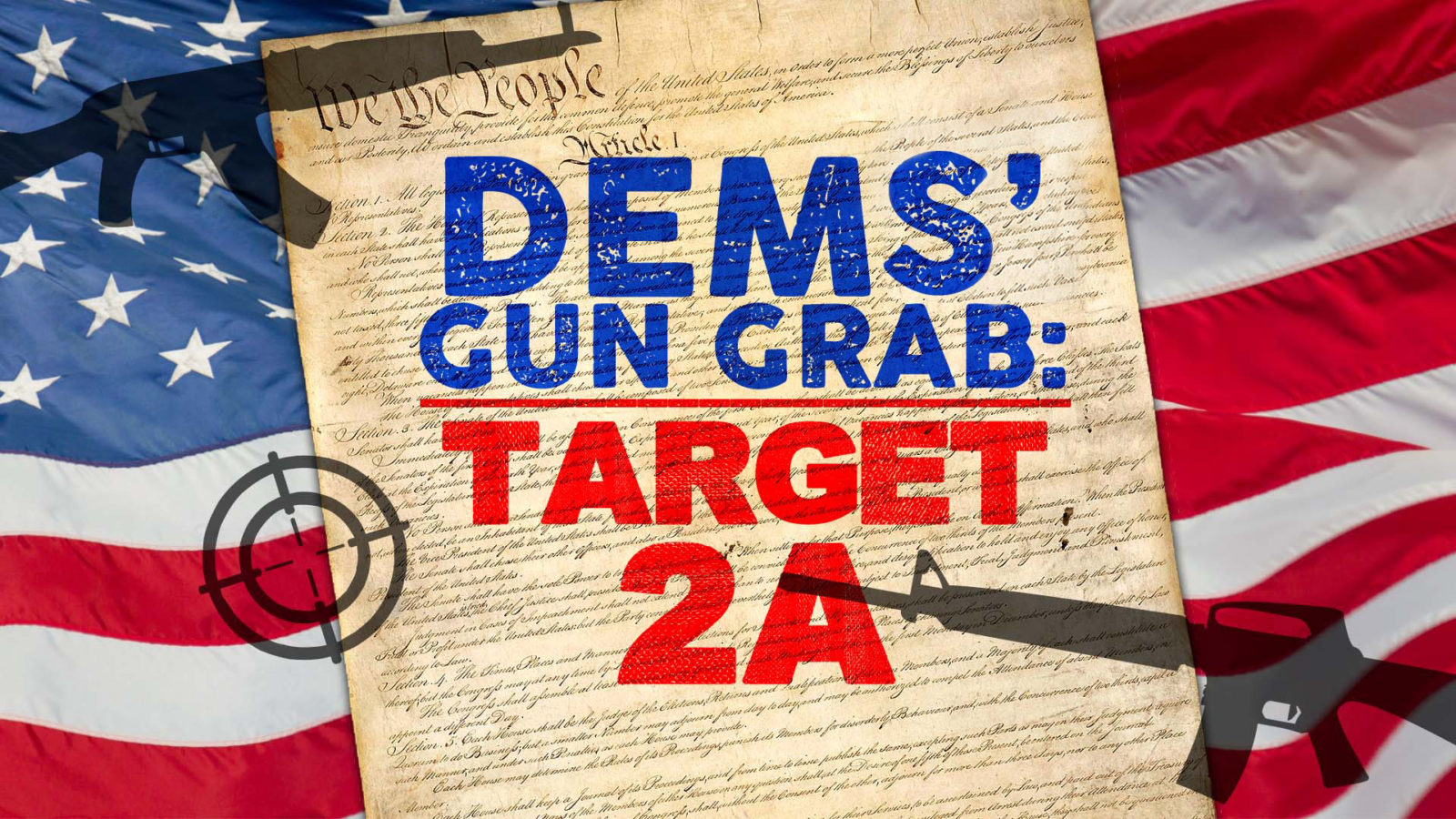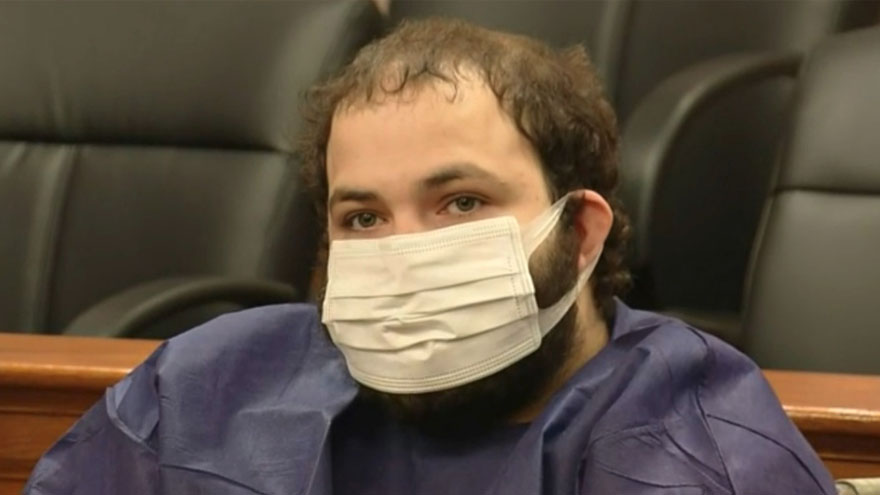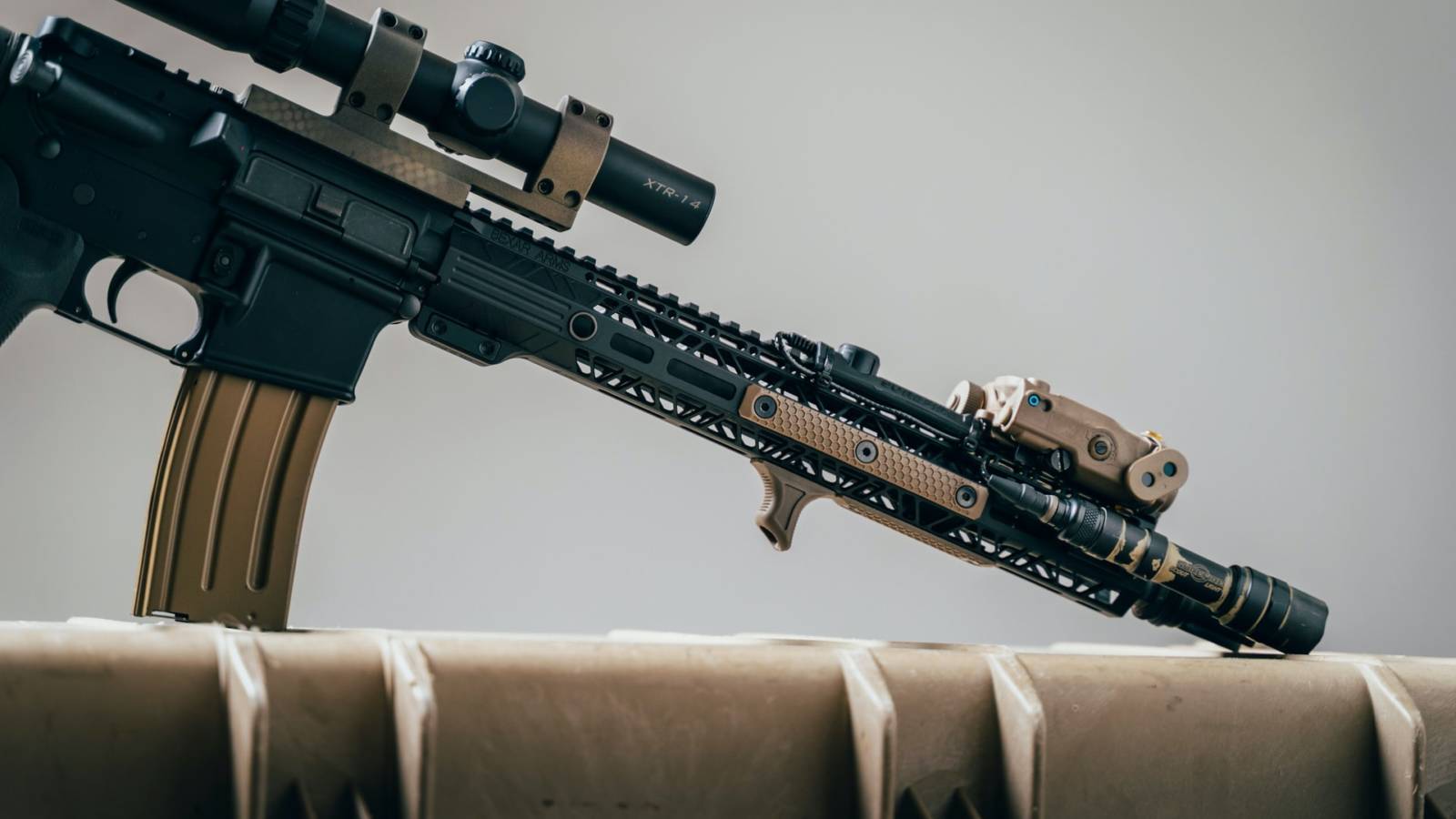Two major legal stories made the news this week. The stories were starkly different but both were disappointing to many on the right albeit for very different reasons. For reasons that you are about to see, the second story will almost completely overshadow the first.
In the first story, Sidney Powell, one of the lawyers tasked by the Trump campaign with waging its war to overturn election results in six battleground states, essentially admitted in open court that the claims made in her Kraken lawsuit were a fantasy. In court filings, Powell and her lawyers claimed that “reasonable” people would not think her claims were based in fact.
You may remember that Powell, along with a host of other right-wing media outlets and personalities, was sued by Dominion Voting Systems for defamation after the group made claims that vote totals were fraudulently changed to shift the outcome of the election to Joe Biden. Among her claims were allegations that a secret algorithm flipped Trump votes to Biden in Georgia and that electronic voting machines “were created in Venezuela at the direction of Hugo Chavez to make sure he never lost an election.”
Powell and her cohorts promised evidence of the fraud, but evidence that would stand up in court never materialized, primarily because evidence of widespread fraud did not exist. Powell’s contention that her claims were never meant to be taken seriously came up in a court brief related to the defamation suit, which you can read here.
The brief, which was filed in Powell’s defense, argues, “No reasonable person would conclude that the statements were truly statements of fact.”
In other words, people should have known better than to believe that Powell was telling the truth. She was, after all, a Trump lawyer.
If you looked into the details of the Kraken lawsuits, it was easy to see that there was no “there” there. Powell’s public statements did not match her court filings. The lawsuits were nothingburgers served up to stoke the anger of Trump’s base. To what end? January 6 provides the answer to that.
The divergent stories that Powell told in public and in the courtroom were reminiscent of several other members of the Trump inner circle whose claims in the media were very different from their pleas in court. In particular, Mike Flynn and George Papadopoulos both pled guilty in court and then claimed that they were set up and entrapped later in the media.
Justice calls for Powell and her fellow members of the Trump legal team such as Rudy Giuliani to be punished for their role in what was a blatant attempt to steal the election. Since Powell’s statements were not made under oath, she won’t face perjury charges, but Giuliani is facing disbarment and may be prosecuted in Georgia for making false statements on a “matter within the jurisdiction” of the state government. Powell may get the same treatment.
Fox News and OANN viewers are hardest hit by the news that the election fraud claims were… well, fraudulent. Or they would be if they knew about it. As I write this, I don’t see any mention of Powell’s revelations on either outlet. They can’t cover it without undermining their own credibility and their own defenses in their respective defamation suits.
The Powell case cannot receive enough attention. This woman and her cohorts were willing to undermine the Constitution and bring the country to the brink of civil war with their blatantly false claims. No one should ever again trust Powell, the rest of the Trump legal team, or media outlets and commentators who lapped up her lies and helped to spread them. I hope that Dominion gets a YUGE punitive judgment against the whole bunch.
While anyone who has followed my coverage of the post-election legal wrangling can guess that I’m enjoying Powell’s discomfort immensely, the second story is more serious and a blow to the exercise of the Second Amendment.
The ruling by the Ninth Circuit Court of Appeals in George K. Young, Jr. v. the State of Hawaii upheld previous rulings that “the Second Amendment does not guarantee an unfettered, general right to openly carry arms in public for individual self-defense.” It is important to note that the ruling does not strike down existing open and concealed carry laws, but that it allows states to prohibit carrying firearms in public. The entire opinion by the en banc court is available here.
The open carry movement has been gaining steam in much of the country in recent years, but yesterday’s ruling is a blow to expanding the right to carry to more restrictive gun states. The ruling applies to the states in the Ninth Circuit’s jurisdiction, which include Alaska, Arizona, California, Hawaii, Idaho, Montana, Nevada, Oregon, and Washington as well as the territories of Guam and the Northern Marianas.
The case will be appealed to the Supreme Court but it isn’t likely to be the slam dunk that some gun rights advocates expect. First, the Supreme Court may not take the case. Last year, the Court declined to hear any of the gun cases that could have led to a landmark ruling even though conservatives already had a majority.
Second, there is a strong argument that the Ninth Circuit ruling is correct. Even though the Second Amendment states that the “right of the people to keep and bear arms shall not be infringed,” many courts have ruled that not infringing is not the same as not limiting or regulating. Many people don’t want to hear or admit this, but it’s true.
For example, the Court upheld a ban on sawed-off shotguns in United States v. Miller and then affirmed a ban on firearms possession by convicted felons in Lewis v. United States. In recent years, the Court has also declined to hear challenges to waiting periods and bans on “assault weapons.” The big picture here is that the Supreme Court has both explicitly and implicitly upheld restrictions on the Second Amendment.
It will be a while before we know the final disposition of the case. If the Supreme Court agrees to hear the case, we probably won’t know the outcome for more than a year. In the meantime, nothing will change. States with carry laws will keep them on the books and states without them won’t have to extend the right to carry to their residents.
As we wait, I encourage those of you with carry permits to act responsibly. Given that there is now precedent that says that carrying your AR-15 to Burger King is not a constitutional right, it is even more important not to frighten members of the general public who are not enamored with guns. Those people vote as well and, if pressed, they might help to elect politicians who promise to roll back open and concealed carry laws.
Rights are not absolute. They can be limited and restricted. The surest way to make that happen is to act irresponsibly and without consideration for your fellow Americans.
Follow David Thornton on Twitter (@captainkudzu) and Facebook
The First TV contributor network is a place for vibrant thought and ideas. Opinions expressed here do not necessarily reflect those of The First or The First TV. We want to foster dialogue, create conversation, and debate ideas. See something you like or don’t like? Reach out to the author or to us at ideas@thefirsttv.com.







